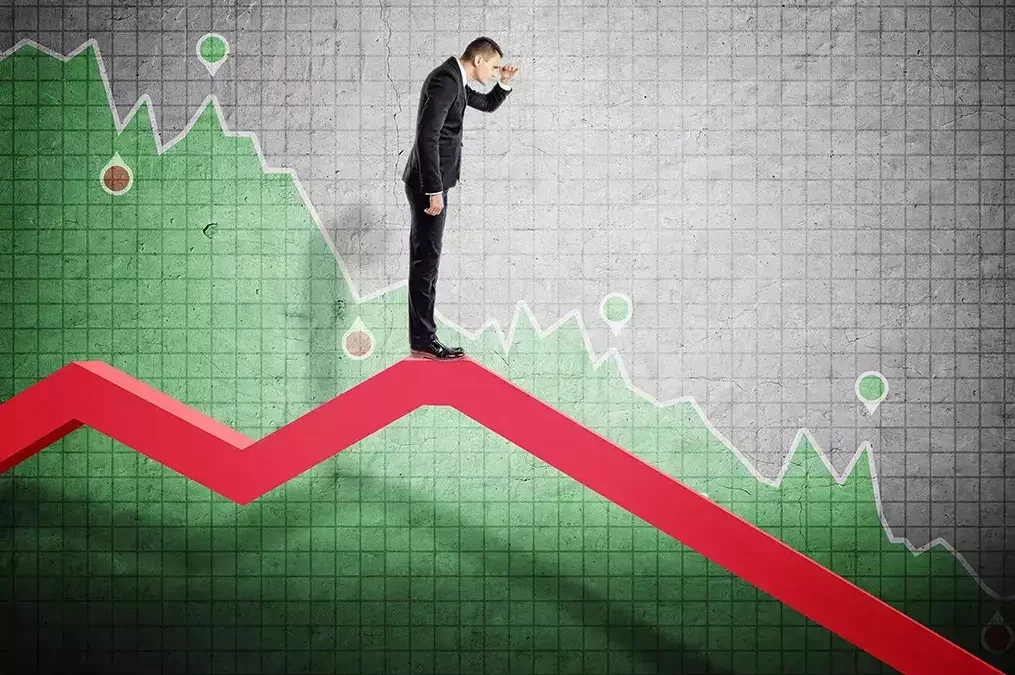OUR BLOG
Insights for Savvy Investors
Why Real Estate Should Be on Your Radar as Markets Go Haywire
Something strange is happening in the markets. The Fed is preparing to cut rates, yet long-term Treasury yields are spiking to levels we haven’t seen since 2008. That disconnect is leaving investors confused, especially those who expect mortgage rates to fall in lockstep with Fed policy. The truth is, mortgages follow Treasury yields, and those are rising as the U.S. piles on more debt. In this environment of volatility and mistrust, real estate stands out as a tangible, income-producing asset that also hedges against inflation. With major institutions calling 2025 a generational buying opportunity, it’s worth asking: is now the time to make real estate your safe harbor?
Investing Through Uncertainty: Why Real Estate Remains Part of My Strategy
In a market full of uncertainty, investors are asking what still works when headlines shift weekly and forecasts prove unreliable. For me, real estate isn’t a silver bullet. It’s a steady source of income, control, and long-term value that complements other assets in my portfolio. This post explores why I continue to invest in Dallas, how Section 8 adds a layer of reliability, and what risks I watch closely. From rising insurance costs to HUD rent pressures, I cover both sides of the equation. Real estate may not be perfect, but in today’s environment, it’s one of the few strategies that still lets me sleep at night.
📉 Why Mortgage Rates Are Rising — and It’s Not the Fed
Mortgage rates are back on the rise — but the story goes deeper than Fed policy. Behind the recent jump lies bond market volatility and investor demand for higher yields, which directly impact long-term borrowing costs. In this post, I unpack what’s really driving rates, how it’s cooling the traditional housing market, and why Dallas still offers opportunity — especially for investors focused on cash flow, long-term growth, and single-family rentals under FHA limits. If you’re wondering whether now is the time to act or wait, this breakdown will give you the context and clarity to move forward with confidence.
How Interest Rates Impact Real Estate Investment
Interest rates play a crucial role in real estate investing, directly impacting cash flow, mortgage costs, and overall returns. While today’s rates hover around 7%, strategic investors know that refinancing can unlock future cash flow potential. Leveraging financing, tax benefits, and creative loan programs can help maximize your returns. Even in a high-interest market, smart investments can still generate strong long-term gains. By understanding when to buy, refinance, and structure deals, investors can turn market fluctuations into opportunities for growth.




